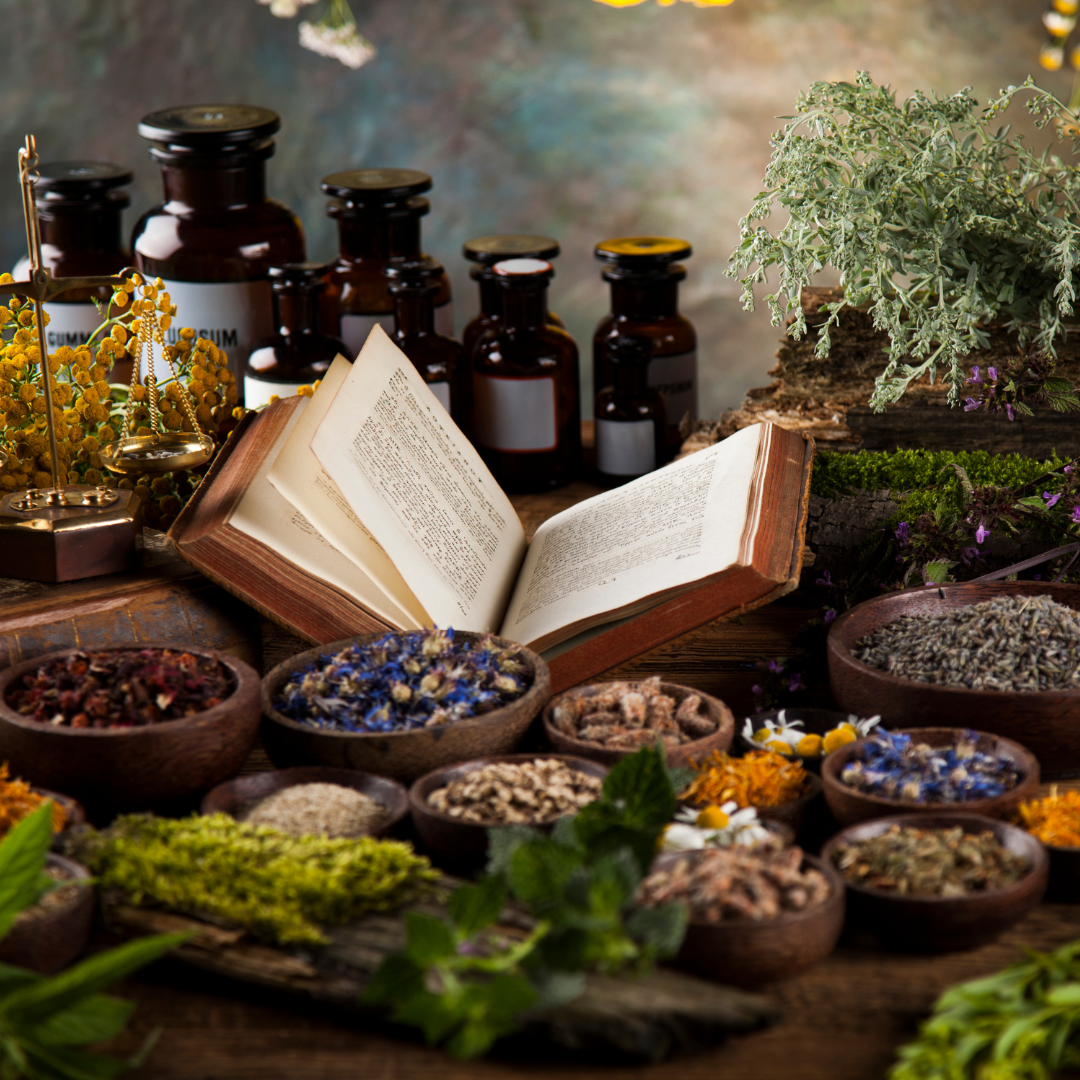Herbalism, a time-honored practice rooted in the utilization of plants and their extracts, has traversed the annals of human history as a prevalent form of healthcare. The use of herbs for treating various ailments has been deeply ingrained in the fabric of non-industrialized societies, forming an integral part of their healing traditions.
Remarkably, many pharmaceuticals widely available today trace their origins back to herbal remedies. Substances such as opium, aspirin, digitalis, and quinine have historical ties to herbal medicine, showcasing the enduring relevance of botanical solutions in the realm of healthcare.
The World Health Organization (WHO) sheds light on the global prevalence of herbal medicine, estimating that a staggering 80 percent of the world's population currently incorporates herbal remedies into their primary healthcare practices. This widespread acceptance underscores the enduring appeal and perceived effectiveness of herbal therapies across diverse cultures.
Herbal medicine, championed as a safe and effective therapeutic approach, necessitates an informed partnership between healthcare providers and patients. Our role, as stewards of your health, is to empower you with accurate information on the judicious use of herbs.
A critical aspect in evaluating herbal products is through the lens of Phytoequivalence. This entails assessing herbal extracts for physiological or pharmacological equivalence, ensuring the presence of all constituents in the right concentrations, and measuring in therapeutic doses. It is imperative that the clinically proven extract serves as a benchmark, indicating the presence of major constituents, consistent levels of marker compounds, and comparable concentrations of all other measurable constituents.
Regrettably, in a marketplace often driven by quantity rather than quality, many companies prioritize profit over the well-being of consumers. This results in the sale of inferior herbal products, undermining the potential therapeutic benefits. Therefore, the paramount objective remains ensuring product quality, assuring consumers that the herbal supplements they choose adhere to stringent pharmaceutical manufacturing and quality standards.
Confidence in herbal therapy is further bolstered by our commitment to utilizing products manufactured to the highest standards. Rest assured, the herbs we recommend undergo rigorous quality control, assuring you that what you consume aligns with the promised benefits. Are you receiving the correct plant part? Has it been stored and prepared in the correct manner? These are questions we answer with assurance, ensuring your herbal journey is one marked by authenticity and efficacy.
In conclusion, herbal therapy emerges not just as a traditional practice but as a dynamic and relevant facet of modern healthcare. By embracing the rich history and evolving science of herbalism, we navigate a path toward holistic well-being, one herb at a time.

